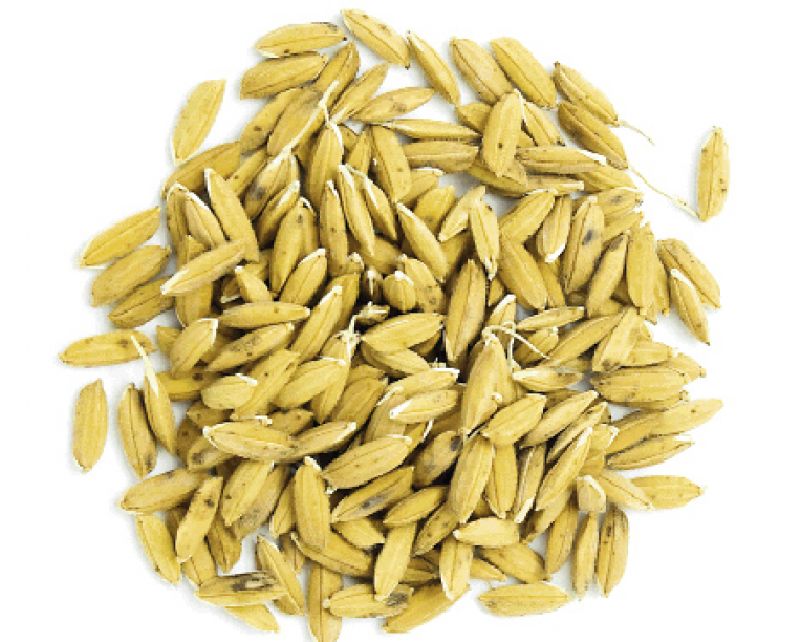
There’s a new rice in town, and it’s going to make history. Charleston Gold, a cross of Carolina Gold bred to capture the original’s delicate nutty flavor, will be available to the public in 2010. There hasn’t been a grain crop with such rice-to-riches potential in the Lowcountry since the 18th century, when Carolina Gold Rice delighted gourmands from Charleston to China and reaped fortunes for local planters. When Dick Schultze and Glenn Roberts reintroduced the historic grain in the 1990s, it immediately became a cult commodity. But because its tall stalks are subject to devastation by high winds, a whole field can be lost in one fell swoop.
Enter Dr. Merle Shepard, Clemson professor emeritus of entomology and director of the Archbold Tropical Research Consortium, whose work at Charleston’s Coastal Research and Education Center includes sustainable development of heirloom crops. Wanting to achieve “a short-statured Carolina Gold with lodging resistance,” Shepard worked with Dr. Gurdev Khush, a world-renowned agronomist and leader of the Green Revolution who initiated a breeding program at the International Rice Research Institute in the Philippines in 1998, and Dr. Anna McClung, a geneticist and manager of the Rice Research Unit at Texas A&M who originally produced the pure Carolina Gold seed. The more-than-a-decade-in-the-making result? Charleston Gold, a shorter plant with built-in resistances that uses less water to yield more, and stronger, grain. And, an added basmati parent brought a toothsome bonus: aroma from the stalk to the bowl, and deliciously intensified creamy, nutty flavors to the taste.
To those who would worry, be assured that this was no bio-engineering project. “It’s all conventional plant breeding,” explains Shepard. “You take the pollen from one plant and put it on another. Because rice is self-pollinating, you have to get into the flower before it opens and get the pollen. We were, if you will, the bees.”